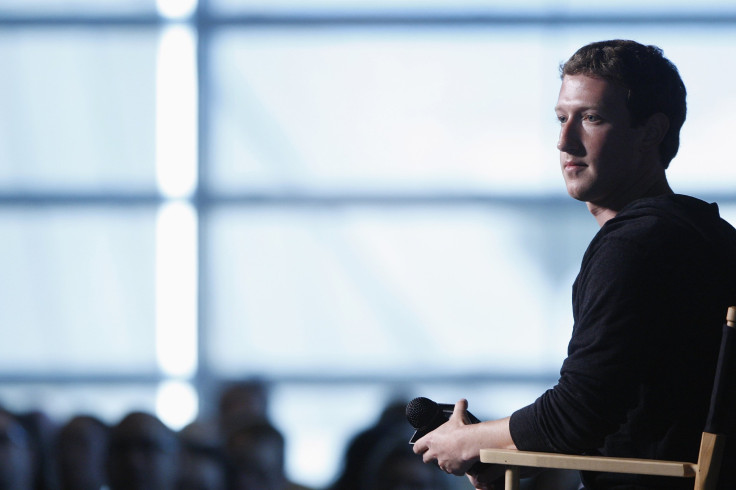Mark Zuckerberg Equates Having An Internet Connection To Being Able To Dial 911

Facebook CEO Mark Zuckerberg spoke in detail for the first time about his plans to connect everyone on the planet to the Internet, saying that a basic connection is the equivalent of being able to call 911 even if you don’t have a phone plan.
“I think about it like 911 in the U.S.,” Zuckerberg said in a cover story for Time. “You don’t have to have a phone plan, but if there’s an emergency, if there’s a fire or you’re getting robbed, you can always call and get access to those kinds of basic services. And I kind of think there should be that for the Internet, too.”
The Time piece calls Zuckerberg a philanthropist as well as a "global cyberimperialist.” The story focuses on Zuckerberg's work with Internet.org, a coalition among Facebook and other tech giants whose mission is to get the two-thirds of the world who are still offline connected. Facebook, of course, also hopes to eventually turn them into registered users.
Although the social network giant already has more than 1.35 billion monthly users, there are about 1.55 billion online users who have not signed up despite having access to the Internet. The rest of the world -- or about 4.3 billion people -- don’t have an Internet connection at all.
“If the first decade [of Facebook] was starting the process of connecting the world, the next decade is helping connect the people who are not yet connected and watching what happens,” said Facebook COO Sheryl Sandberg, according to Time.
Internet.org determined that about 85 percent of the world’s population are within range of a cell tower and could be turned into Internet users with a little bit of effort. Facebook is beginning to tackle this by partnering with local wireless companies in countries like Zambia and Tanzania and convincing them to offer their customers free Internet access to services like Facebook, Wikipedia, Google Search, AccuWeather and more through an Internet.org app. Facebook argues that giving users a taste of parts of the Internet will get them to pay the wireless companies for a complete data plan.
As for the other 15 percent of the world, Facebook plans on using a combination of satellites, lasers and Boeing 747-sized drones to beam an Internet connection down to remote parts of the globe. Combined, both of Internet.org’s efforts should get more people online and could pay off for Facebook down the road.
“There are good examples of companies -- Coca-Cola is one -- that invested before there was a huge market in countries, and I think that ended up playing out to their benefit for decades to come. I do think something like that is likely to be true here,” Zuckerberg said, according to Time. “So even though there’s no clear path that we can see to where this is going to be a very profitable thing for us, I generally think if you do good things for people in the world, that that comes back and you benefit from it over time.”
Zuckerberg also defends his company’s advertising business model in response to a recent remark by Apple CEO Tim Cook, where he said: “When an online service is free, you’re not the customer. You’re the product.”
“A frustration I have is that a lot of people increasingly seem to equate an advertising business model with somehow being out of alignment with your customers,” Zuckerberg told Time. “I think it’s the most ridiculous concept. What, you think because you’re paying Apple that you’re somehow in alignment with them? If you were in alignment with them, then they’d make their products a lot cheaper!”
© Copyright IBTimes 2024. All rights reserved.












